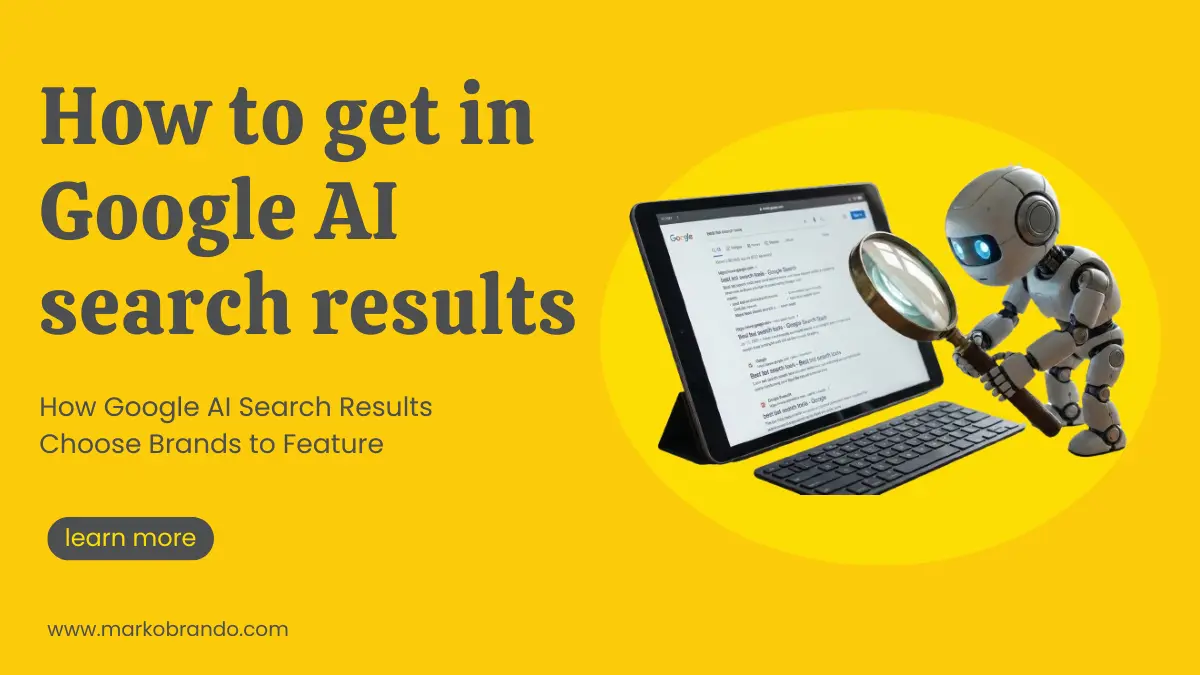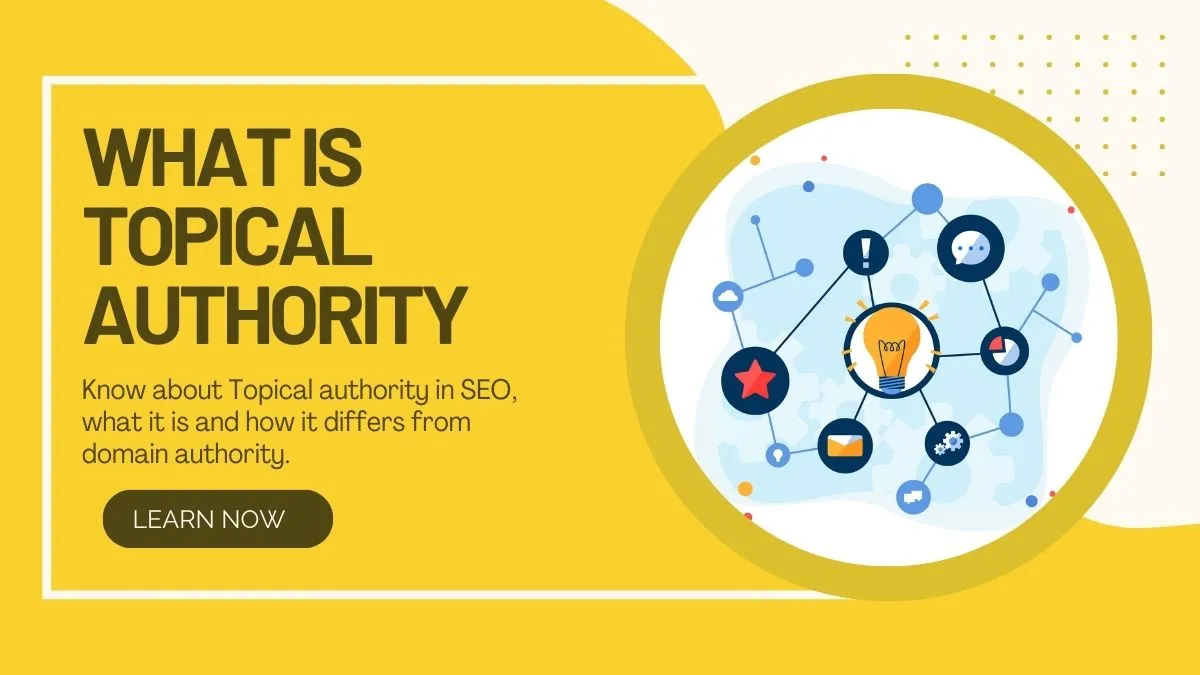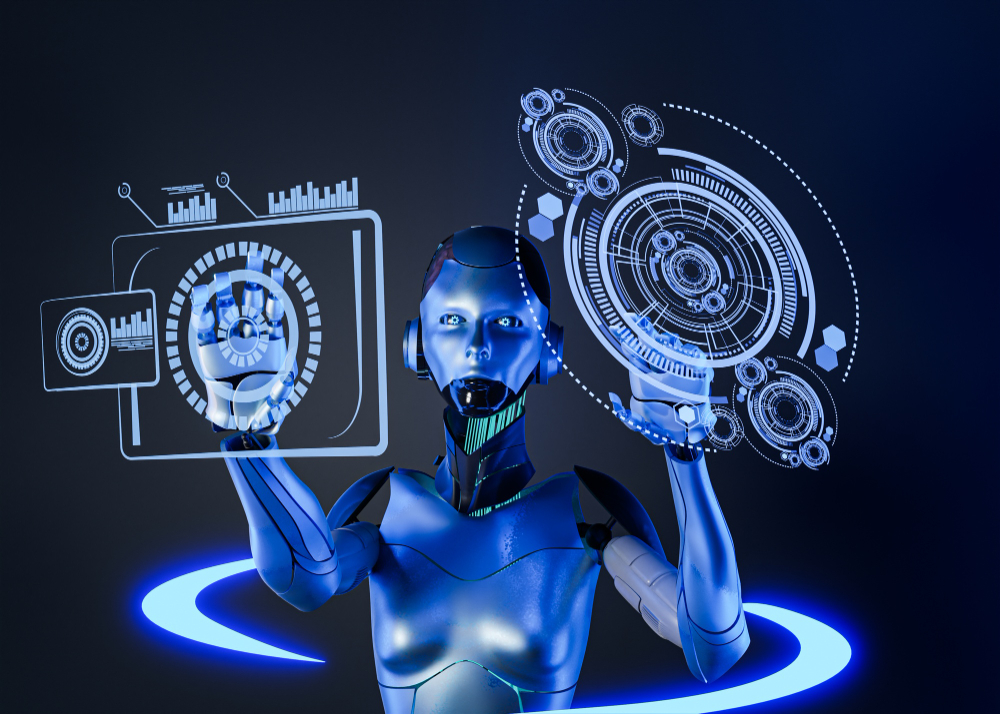
Hyper-Personalization with AI: The Secret to Higher Conversions
In the age of data-driven marketing, personalization is no longer optional—it’s expected. However, consumers today seek more than just name-based email greetings. They demand experiences that feel intuitive, timely, and relevant to their unique preferences. This is where AI-powered hyper-personalization comes into play.
By using real-time behavioral data, artificial intelligence enables brands to deliver 1:1 experiences at scale—enhancing engagement, retention, and ultimately, conversions.
What Is Hyper-Personalization?
Hyper-personalization is an advanced form of marketing personalization that goes beyond demographic or transactional segmentation. It leverages AI and machine learning to analyze customer data such as browsing history, purchase intent, time spent on pages, and interaction frequency.
The result is a marketing experience so tailored that each customer feels understood on an individual level. Instead of predefined customer journeys, AI creates dynamic, adaptive paths based on real-time behavior.
The Role of AI in Personalization
AI acts as the foundation for scaling personalization efficiently and effectively. Here’s how it powers the modern marketing ecosystem:
1. Customer Journey Automation
AI maps and automates the customer journey by tracking how users interact with a brand across multiple channels—web, mobile, social, and email. It then triggers specific actions or messages based on real-time behavior.
For example, if a user abandons a cart, AI can instantly deliver a personalized email with relevant recommendations or limited-time offers.
2. Behavioral Targeting
Behavioral targeting allows marketers to move beyond assumptions. By studying user behavior, AI identifies patterns and intent signals—helping marketers deliver personalized messages exactly when they are most likely to resonate.
This leads to higher engagement rates, reduced churn, and improved conversion efficiency.
3. AI Recommendation Engine
One of the most powerful applications of AI in personalization is the recommendation engine. It analyzes individual preferences and contextual data to suggest products, services, or content that align with each user’s interests.
From Netflix recommendations to Amazon’s “You may also like” section, these engines are proven to increase retention and average order value.
Benefits of Hyper-Personalization
Enhanced Customer Experience – Personalized touchpoints make users feel valued and understood.
Improved Retention Rates – Tailored experiences build long-term trust and brand loyalty.
Higher Conversion Rates – Relevance drives action; users convert faster when the message fits their intent.
Efficient Marketing Spend – AI automation minimizes waste by focusing efforts on the most responsive audiences.
Data-Driven Decision-Making – Continuous learning allows campaigns to adapt and optimize over time.
Real-World Applications Across Industries
E-commerce: Personalized product recommendations based on browsing and purchase history.
Banking: Customized offers for financial products aligned with user needs.
Healthcare: Tailored content to improve patient education and engagement.
Education: Course suggestions based on learning behavior and skill level.
By integrating AI into these systems, brands can deliver consistent, meaningful experiences across every digital touchpoint.
The Future of Personalization
As AI models evolve, personalization will move from reactive to predictive. Marketers will soon anticipate customer needs even before they’re expressed. Emerging technologies such as predictive analytics, natural language processing (NLP), and emotion AI will further enhance personalization depth.
However, balancing automation with privacy will remain crucial. Transparent data practices and ethical AI use will define the next phase of trust-based personalization.
Expert Insight
According to experts at Marko & Brando, one of the best digital marketing agencies in Kolkata, the next frontier of customer engagement lies in AI personalization at scale. By leveraging automation, behavioral data, and recommendation algorithms, businesses can transform passive audiences into loyal brand advocates.
Key Takeaways
Hyper-personalization uses AI to create dynamic, 1:1 marketing experiences.
Customer journey automation, behavioral targeting, and AI recommendation engines form its foundation.
The approach boosts conversion rates, retention, and ROI by aligning every customer interaction with real-time intent.
AI-powered personalization isn’t just a marketing tactic—it’s the new standard for digital relevance.
FAQs
Q1. What is the difference between personalization and hyper-personalization?
A1: Personalization targets customer segments, while hyper-personalization uses real-time data and AI to tailor experiences for each individual user.
Q2. How does AI enhance personalization?
A2: AI automates data analysis, predicts user intent, and delivers real-time, customized content and product recommendations.
Q3. What is behavioral targeting in AI marketing?
A3: Behavioral targeting analyzes user interactions to deliver messages that match their interests and buying intent, increasing conversion likelihood.
Q4. How does a recommendation engine work?
A4: It processes user data—like past purchases, preferences, and browsing patterns—to suggest relevant products or content.
Q5. What’s the biggest advantage of hyper-personalization?
A5: It builds stronger customer relationships by delivering relevant, timely, and personalized experiences that improve both retention and conversions.

Article by
Marko & Brando
For businesses looking for impactful digital marketing services, Marko & Brando is the name to trust. Our data-driven strategies ensure maximum ROI, helping your brand reach new heights. Experience the power of digital transformation with our expertise.






